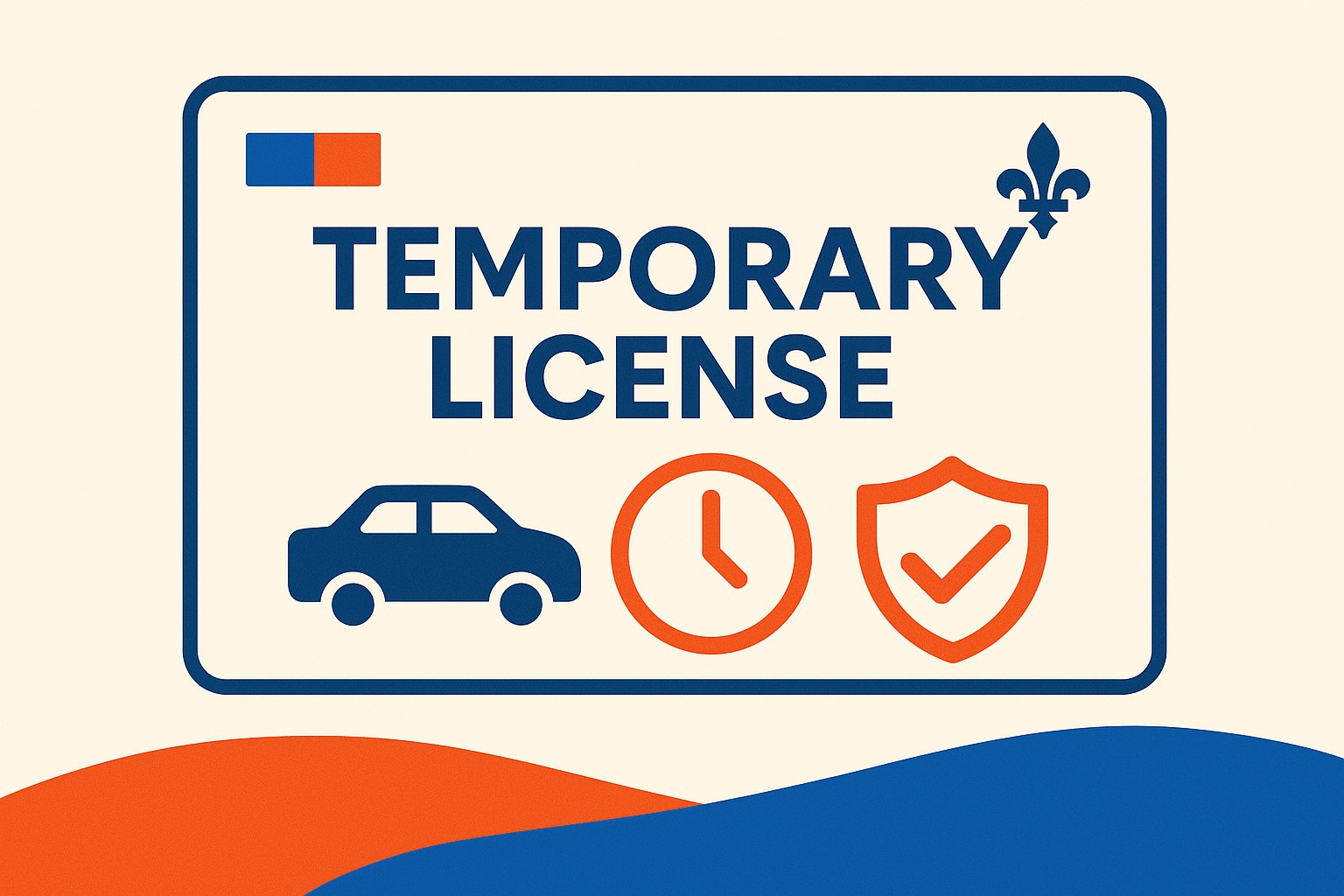After school, work or outings, having a balanced schedule isn’t always easy. Many times you end up running out of sleep.
How can you juggle with all of this and remain safe on the road?
1. Sleep
Nothing can replace sleep . Before hitting the road, especially for a long trip, make sure you’re fully rested.
Sometimes taking a 15 minute nap will make all the difference in the world. When you recognize the first symptoms of drowsiness, stop as soon as possible in a safe spot. Might as well reach your destination late … but in one piece!
2. Share Driving
On long trips, share the driving. After two hours of driving, your ability to focus drops considerably.
3. Take breaks
A break doesn’t help you as much as a nap, but changing position and stretching your legs will have positive effects on your alertness.
However, remember this positive effect is only short-lived.
4. Maintain good posture
Adjust your seat to be as straight as possible and yet comfortable. That way, the muscles of your neck, shoulders and back won’t get more tired.
5. Avoid overloading your digestive system
If you eat a heavy meal before hitting the road, you’ll be prone to sleep. (Think of animals that take a nap after eating.) To biodegrade food, your digestive system needs energy. So eat lightly!
You can’t depend on coffee or energy drinks to put you back on your feet. At best, they hide the symptoms of drowsiness but they don’t build up your reflexes and your alertness.



